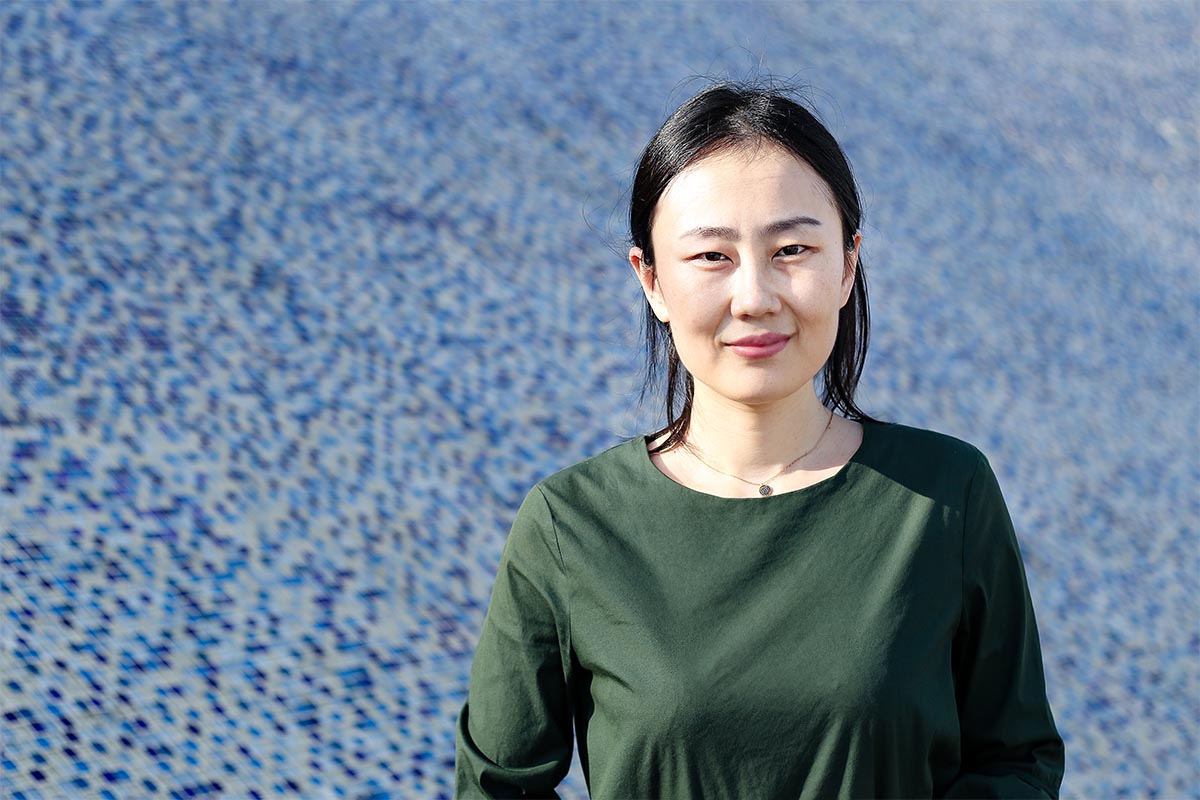


13 July, 2020

By Raheena Abdurehim
CCRC Postdoctoral Fellow, Dr. Xiaoyuan Zhang received the 2020 Bernard Lewis Fellowship, established by the Combustion Institute to encourage high-quality research in combustion by young scientists and engineers. Dr. Zhang and 6 other researchers were to be honored during the originally scheduled 38th International Symposium on Combustion in July 2020.
Dr. Zhang joined the Combustion and Pyrolysis Chemistry (CPC) Group under the supervision of Prof. Mani Sarathy as a postdoctoral researcher at the beginning of 2020. In 2019, she earned her Ph.D. from Shanghai Jiao Tong University, China. Her current research interests are combustion reaction kinetics of fossil fuels and biofuels, and model development for Surrogate and Real Fuels.
"CCRC embodies many important research fields in combustion, from fundamentals to engineering, which can promote comprehensive, deep, and innovative research. Prof. Mani Sarathy often has brilliant ideas and encourages me to try something new. My CPC family is very warm and friendly, and we usually collaborate with each other for one project and help each other getting out of troubles." said Dr. Zhang.
"This award strengthens a sense of responsibility to make continuous contributions to the combustion community. I would like to express gratitude to my previous supervisors, Profs. Fei Qi, Yuyang Li, and Philippe Dagaut, for their guidance and support during my Ph.D. studies, and also my collaborators for their indispensable contributions." She continued.
The purpose of the Bernard Lewis Endowment Fund is to undertake or seed projects that further educational initiatives in combustion research. The Bernard Lewis Fellowship was established to encourage high-quality research by young scientists and engineers. Fellowships are awarded at each International Symposium on Combustion. My accomplishments were applications of the synchrotron-based method to better understand the low-temperature oxidation chemistry, development of C1-C2 base mechanism, and exploration of fuel-specific chemistry of alkenes, alcohols, ethers, and acids.